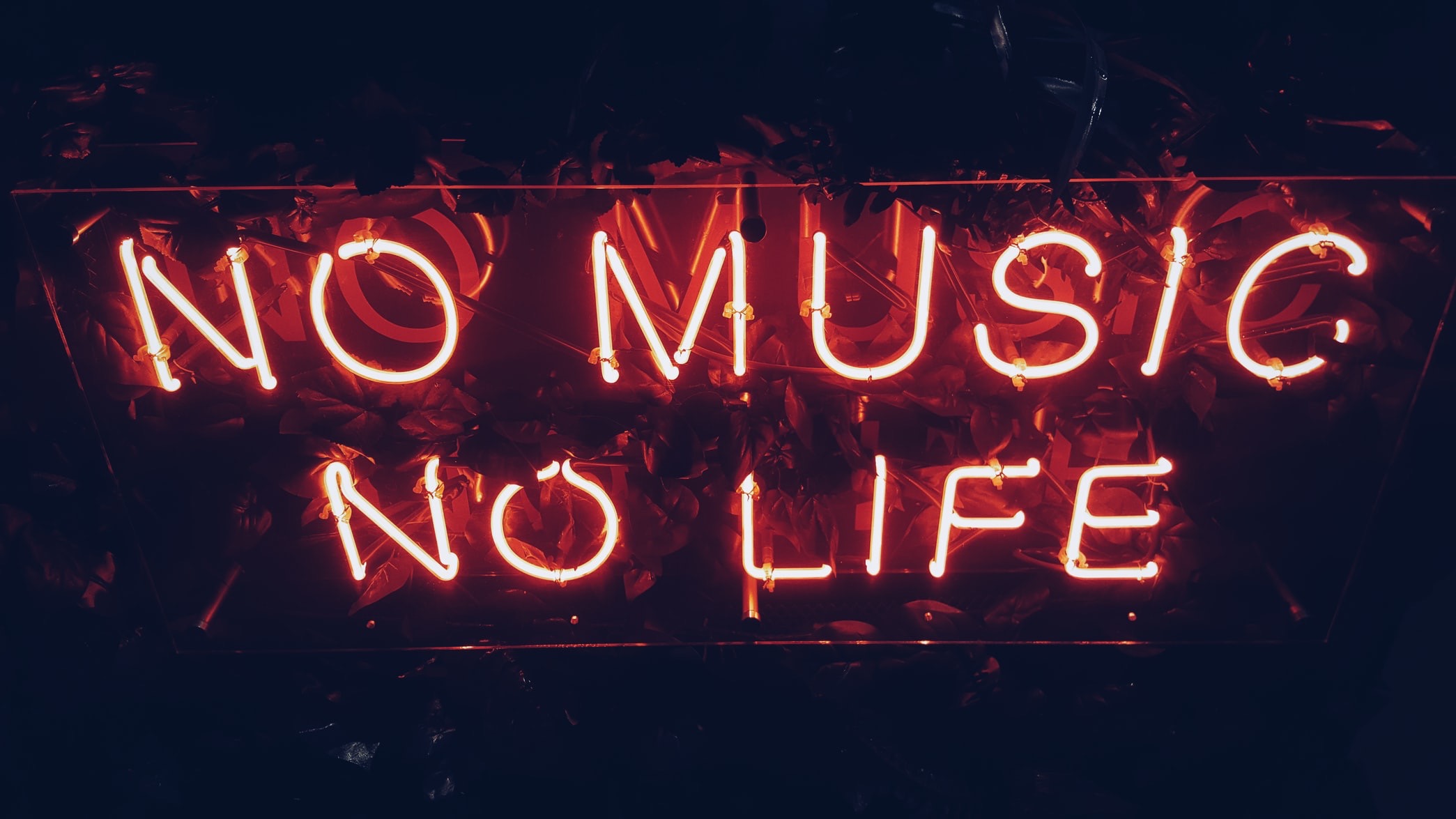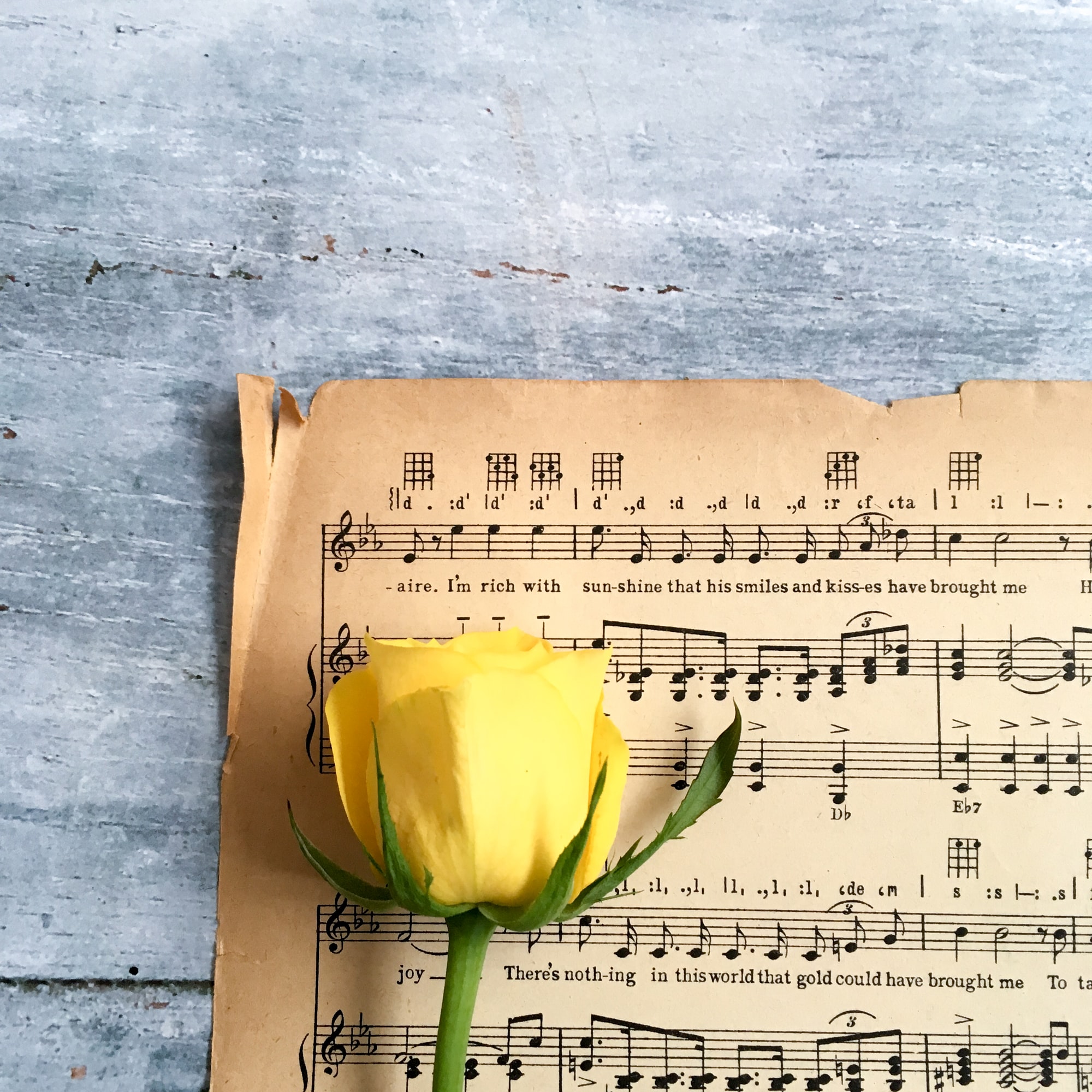‘I don’t sing because I’m happy: I’m happy because I sing.’, said American Philosopher, William James.
A good reason for the blackbird in my front garden, to be singing his little heart out as I write this. Perhaps he also sensed that I needed accompaniment to pen the following words.
People of all cultures make, or react to music. We sing, we hum, we clap and tap and dance and bounce to sounds and rhythms, whether it is a structured, human composition or simply a birdsong, or the background ‘clickety-clack’ rhythm of train wheels on a journey.
There are people who simply don’t like music and say they are not ‘moved’ by the combination of various pitched notes, however well they go together. That’s OK, and not unusual, but still, I am unable to comprehend how music doesn’t effect everybody in a positive way.
Those who do like to listen to music, and perhaps even those who believe they don’t, respond in some way to its sounds and rhythms and repetitions, I believe.

This morning, before I started writing about the power of music, I had been idly watching something on YouTube before pausing the TV so I could concentrate on the task at hand.
At some point, I glanced at the TV screen and noticed among the video suggestions for my YouTube, one clip of the world famous concert pianist, Vladimir Horowitz, playing Rachmaninov’s 3rd piano concerto, recorded in 1978. Horowitz is long gone now and was an old man then, but still full of energy and life, with long, strong, supple fingers.
I couldn’t resist watching what is commonly referred to as ‘the Rac 3’ which is my favourite piano concerto, and I spent the next 45 minutes absolutely mesmerized by the exciting, exotic, fiendishly-difficult-to play, music of Rachmaninov in the more than capable hands of Horowitz.

‘Time wasting!’ you might say. ‘Time enhancing!’ I say. Mind you, I didn’t write a word while the music played, so that is the powerful effect music has on me!
Studies have shown that music may enhance health and performance, in human beings (and other animals). You may have seen videos of the pianist, Paul Barton, playing his piano to old and sick elephants in a Thai elephant sanctuary. They were transfixed. Some rooted to the spot or swaying in time to the melodies.
Researcher, Josep Marco-Pallares said, ‘Listening to music helps relieve stress, anxiety and depression. The calming power of music has a relaxing effect on physiological functions like, slowing the pulse and heart rate, lowering blood pressure and decreasing the levels of stress hormones.’
There’s more to benefit from music than by simply listening to it performed by others. There’s the joy of learning an instrument yourself and then playing for the sheer pleasure of creating something beautiful.
Research shows that musical training is a rich and complex experience. It can enhance verbal memory, spatial reasoning and literacy and numeracy skills. Good reason to send your little budding Mozart to piano lessons, or to start learning an instrument yourself, as an adult.
‘Music gives a soul to the universe, wings to the mind, flight to the imagination, and life to everything.’ Plato.
Powerful stuff!
Finally, the little blackbird is still singing in the garden and has been joined in his song by my little Dachshund adding a ‘bark beat’!
Katherine Cameron
Nov 2020
Katherine Cameron is a Piano and theory teacher with over 30 years of experience. She has taught children from as young as 4 years old, up to adults in their 70’s. She prepares students for Australian Music Board Exams (AMEB) with great success. Katherine teaches Piano lessons at her home studio based in Yass, Canberra Music Tuition in Weston, Canberra, and also gives individual lessons in schools. If you would like to organise Piano lessons with Katherine, you can get in touch with her on 0404 391 151, or call Canberra Music Tuition on 02 62886441.
